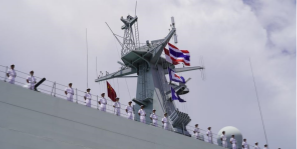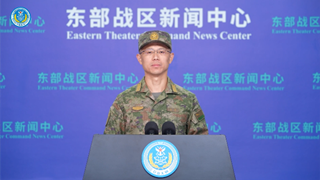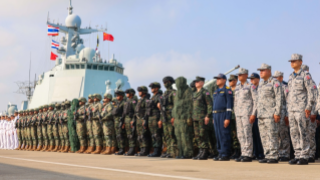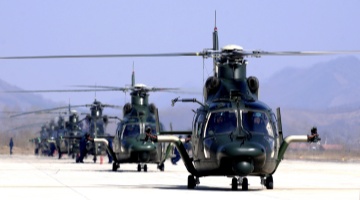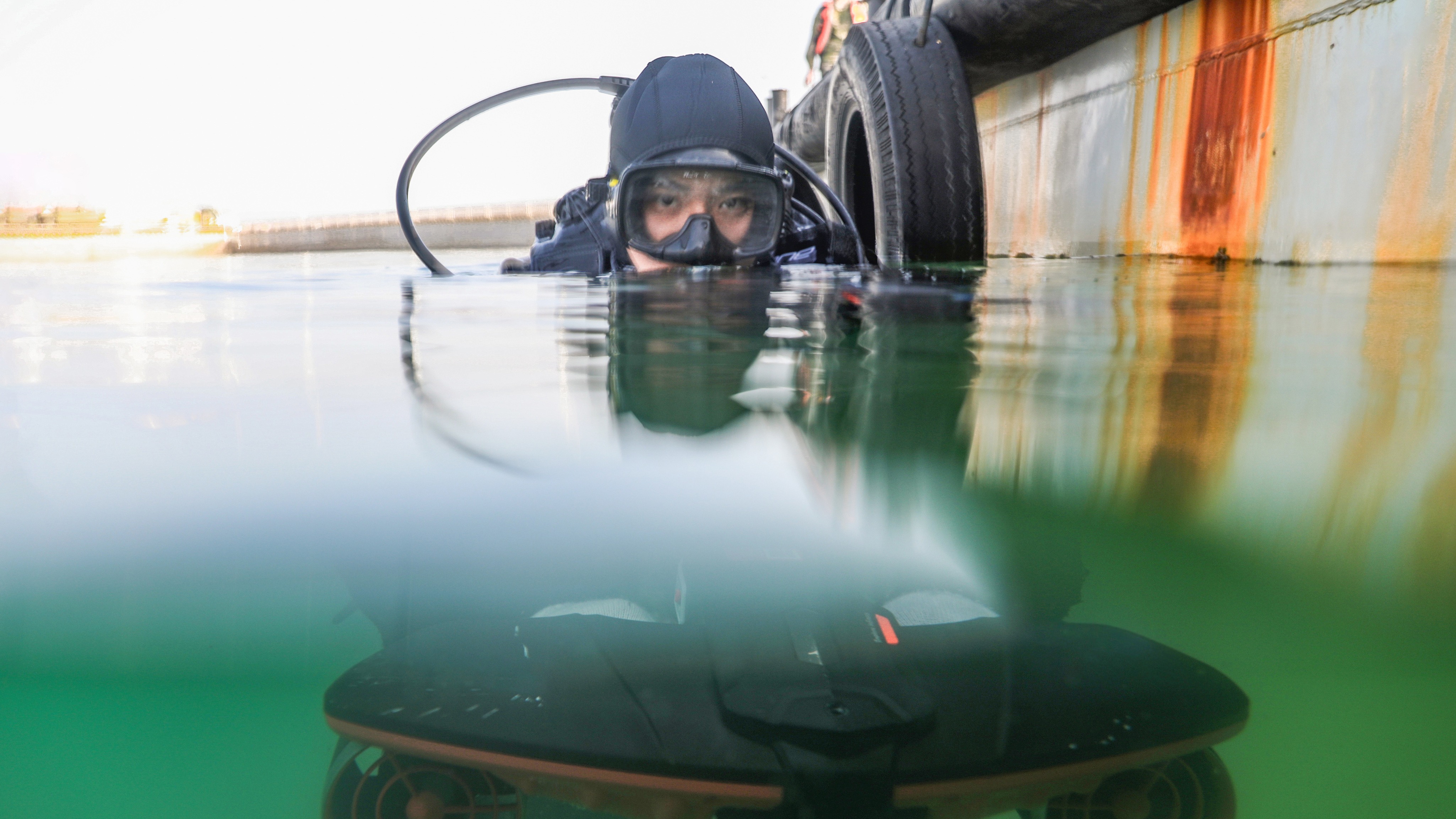By Zhu Zhenming
The annual foreign ministers' meetings centering on East Asian cooperation were held in Jakarta, Indonesia from July 11 to 14, capturing close attention from the international community as usual. During the meetings, a wide array of topics was discussed and more than ten documents were passed, including the Joint Statement on the 20th Anniversary of China's accession to the Treaty of Amity and Cooperation in Southeast Asia and the guidelines on reaching the Code of Conduct in the South China Sea (COC) as soon as possible.
The South China Sea issue has always been a chief concern of ASEAN and its members, and a topic that certain out-of-region country is obsessed with meddling in and hyping up. But discussions about this topic seemed rational and pragmatic at this year's ASEAN Foreign Ministers' Meeting and ASEAN-China Foreign Ministers' Meeting. The Joint Communique of the 56th ASEAN Foreign Ministers' Meeting reiterated the importance of preserving and promoting peace in the South China Sea, but didn't take a tough line against China as some Western media outlets had expected, posing a sharp contrast to what the US and Japan claimed before the meeting – that they would join hands with ASEAN and challenge China over maritime security or the South China Sea issue at the meeting. Discussions between China and ASEAN about the COC made new progress, as the two parties made joint efforts to finish the second reading of the single draft COC negotiations texts. Retno Marsudi, Minister of Foreign Affairs of Indonesia, the host of the series of foreign ministers' meetings this year, said that in addition to finishing the second reading, ASEAN and China also worked out the guidelines to reach an effective and substantive COC at an early date, one step closer to finalizing the document.
That the South China Sea issue didn't become an object of dispute at the meetings but was handled by both China and ASEAN in a practical manner speaks volumes about the steady and sound development of the China-ASEAN relationship.
There are three reasons why the issue was so pragmatically and properly handled at the ASEAN Foreign Ministers' Meeting and ASEAN-China Foreign Ministers' Meeting.
First, both sides hope to keep the South China Sea stable and make it a sea of peace, friendship and cooperation. This objective suits the common interests of China, ASEAN countries, and their peoples, and was already included in the Joint Statement on the 20th Anniversary of the Declaration on the Conduct of Parties in the South China Sea (DOC) released by the 25th ASEAN-China Summit. It also indicates that China and ASEAN countries have to some extent reached a consensus on "what kind of a South China Sea to build". Neither of them wishes to see out-of-region countries step in and turn the region into their hunting field, much less a colosseum for major-country tussle.
Second, China supports the "dual track approach" to addressing the South China Sea issue proposed by ASEAN, which demonstrates its sincerity in working with ASEAN toward a mutually satisfactory solution. China has always dealt with relevant disputes according to the "dual track approach", namely directly involved countries settle disputes through negotiation, and China and ASEAN countries jointly preserve regional stability, so as to avoid complicating and expanding the disputes and preventing out-of-region countries from meddling and fanning up conflicts.
Third, the continuous development of China-ASEAN relationship – with closer economic interdependence and broader people-to-people exchanges – has deepened their friendship. The two sides combated the three-year pandemic hand in hand, shoulder to shoulder through mutual support and assistance, giving the best illustration to the adage "a friend in need is a friend indeed". In the economic domain, China and ASEAN have been each other's largest trading partner for many years in a row, with ASEAN being China's important source of foreign investment while China being ASEAN's fourth largest source of foreign direct investment. Mutual investment has played a significant role in promoting their economic and social development. Their economic complementarity and win-win cooperation have further tightened their connections.
Fourth, China actively engages in and firmly supports the regional cooperation architecture centered on ASEAN, which is good for the association's long-term peace and stability. Indonesian Minister of Foreign Affairs Retno Marsudi said frankly that China is an important partner in ASEAN's efforts to achieve regional peace, stability and prosperity, and their cooperation has become ever more crucial amid growing challenges.
Clearly, as long as the two sides stick to the right direction when developing their relationship and keep cementing the China-ASEAN comprehensive strategic partnership, they will ensure a firmer foundation for achieving the goal of making the South China Sea a sea of peace, friendship and cooperation.
(The author is a researcher at the Chinese (Kunming) Academy of South Asian and Southeast Asian Studies )
Editor's note: Originally published on huanqiu.com, this article is translated from Chinese into English and edited by the China Military Online. The information and opinions in this article do not necessarily reflect the views of eng.chinamil.com.cn.



